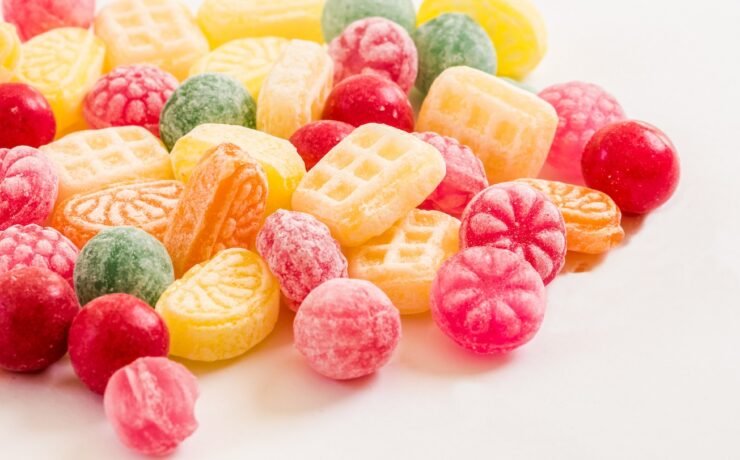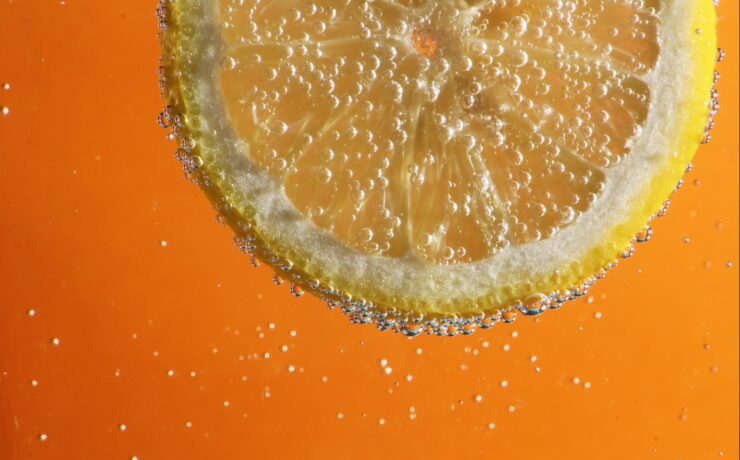When your belly fills with gas, it can be hard to keep from making noise! As natural and healthy as it is, flatulence can be very embarrassing in some social situations.
Some categories of foods should be avoided when you don’t want to take unnecessary risks, as they favor the formation of intestinal gas. Discover them: visit the Gallery!
Take precautions
When your belly fills with gas, it can be hard to avoid making noise! As natural and healthy as it is, flatulence can be very embarrassing in some social situations.
Some categories of foods should be avoided when you don't want to take unnecessary risks, as they favor the formation of intestinal gas. Discover them: click the arrows in the photo to continue reading.
Source: © Freepik / Krakenimages.comHard candy
Candies contain sugars, sometimes the same sorbitol in fruit, which can induce gas production during digestion.
Source: © Pexels / Ylanite KoppensDairy products
Lactose, or sugar, is found in milk and all milk products. Anyone with an intolerance, even a slight one, risks having a stomach full of gas resulting from imperfect digestion.
Source: © Pexels / GEORGE DESIPRISBeans
Tell the truth: this is the food you thought of first! And rightly so, because beans contain complex sugars which, when broken down during digestion, produce carbon dioxide and hydrogen and thus gases.
Source: © Pixabay / jeonsangoOnions
By now, you will have understood it; the sugars in foods favor the production of gas during digestion. Onions contain fructose, like fruit, which is a sugar.
Source: © unsplash / Zoe SchaefferCarbonated drinks (even water)
These drinks contain gases that accumulate in the intestines and therefore must somehow be expelled! Often also containing many sugars, these drinks favor the production of gases during digestion.
Source: © unsplash / Sam CernikVegetables (some of them)
Cabbage, broccoli, cauliflower, and asparagus can cause excess gas. The culprit is always him: raffinose! Sugar, when broken down, releases gas in the intestines.
Source: © unsplash / Louis HanselChewing Gum
Would you have ever said that? Chewing gum forces you to chew and, even without realizing it, to open your mouth and take in more air.
Source: © Pexels / Marek PiwnickiFruits (some of them)
Some prevalent types of fruit, such as apples, pears, plums, and peaches, contain sorbitol, a sugar that creates methane, carbon dioxide, and hydrogen gas when broken down.
Source: © unsplash / Quin EngleWhole grains
Products derived from whole grains contain starches and fibers that produce gas during digestion. Only brown rice does not cause gas.
Source: © Pixabay / Wesual ClickProtein-rich foods
Excess protein can favor the proliferation of bacteria responsible for gas production in the intestine.
Source: © Pexels / LisawetaWhat's Your Reaction?
Passionate about spirituality, books and cinema, these last 10 years he's been dedicating himself to spreading positive and nourishing contents for the body, mind and spirit. As a good Italian he knows what is good to eat and how to truly live a "dolce vita"!



















